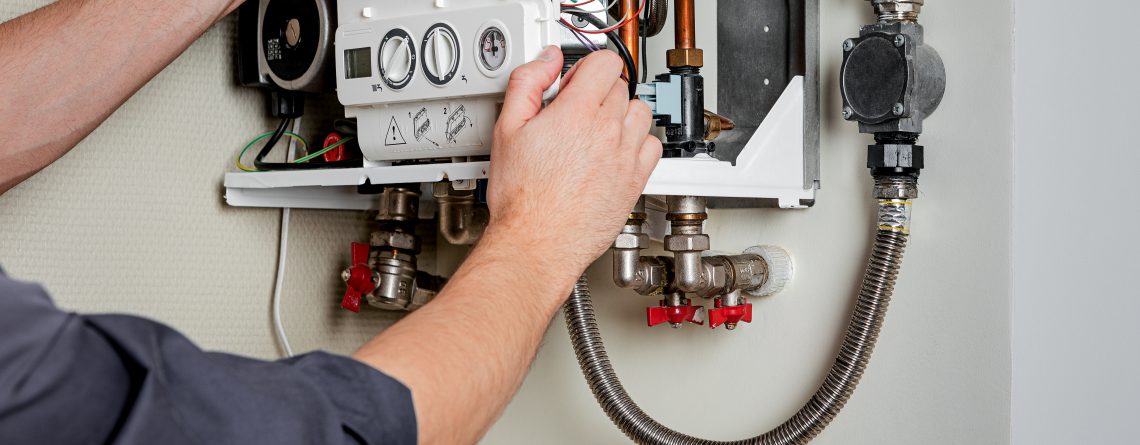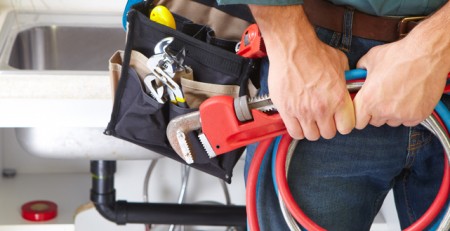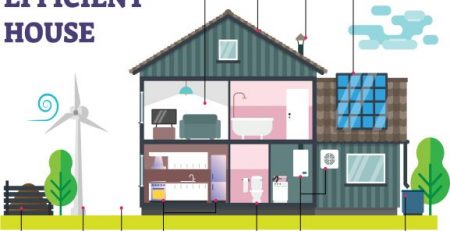How to Become a Gas Engineer
There is a shortage of skilled workers throughout the UK, and it’s been like that for some time. Gas engineers are more in demand than ever before, with established engineers being offered so much work than they can handle.
To be a gas engineer is indeed an enticing and rewarding career, so it might be time to start thinking about that gas engineer course.
This indicates that now is a better time to learn the trade. Whether you’re a novice inside this industry or if you’re presently working in a different field, becoming a gas engineer is a huge step forward.
What is a Gas Engineer?
A gas engineer is a highly skilled professional working with gas appliances. This profession sometimes referred to as the Gas Service Technician involves a combination of problem-solving and technical skills.
To excel in this diverse role, you will need a sharp mind and great attention to detail. You ‘re also going need some considerable skill in math and science.
Many people are familiar with them based on their experiences at home, for which a common activity for a gas engineer is to install or repair gas boilers.
This is not the only task for gas engineers: depends entirely on their skills and qualifications, they may also work on several various types of gas appliances, which include gas cookers and central heating in both domestic and commercial settings.
Common functions may include:
– Assembling or fixing gas appliances
– Repairing or replacing faulty devices
– Cutting, twisting & linking of valves, pipes, and fittings
– Providing estimated costs to clients and offering additional cover, insurance coverage options as well as other energy savings method
– Applying estimates, checking for gas leakage and ensuring that all repairs and installations are up to standards
– Ensuring that all safety criteria are followed properly
While practical skills are essential, you are still going to need a lot of people skills.
As you go to your customer’s residences to repair or install their appliances, you will have to make sure that you maintain a professional yet positive approach.
You’ll work through several jobs throughout the day. It would be your responsibility to deliver and complete the tasks within the given time frame, so proper planning, effective time management, and a cost-effective way of doing things will be advantageous.
Why Become a Gas Engineer?
With certain people, compensation is enough motivation to start a career as a gas engineer; the average starting wage is £32,000, which is £6,000 higher than the national average starting pay.
Compensation for this specific career represents not just the importance of the job, but as well as the fact that there is an actual shortage of manpower.
You could expect the salary to rise to as much as £60,000 as you acquire additional experience.
Beyond that of a high salary, this is also a job that draws people who enjoy a realistic role where every day is always a new and exciting adventure.
You could enjoy the perks of choosing your own working time and the job opportunities you work on while establishing a career or running business that is yours, or you may settle for security and a greater chance to move to high ranking positions of the company.
What are the Qualifications?
Before getting started on your professional development as a gas engineer, it is best to consider which kind of gas appliances you want to train for.
There are multiple courses you can take for each device, one of which would give you the qualification to operate on that certain appliance.
Because without certification, you will not be legally permitted to operate on it.
Such training specialities mean that you can select your career direction as well as what appliances and devices you’ll work on, allowing you the flexibility and preference to develop a career from which you can do what you want – whether you want to work for a gas engineering company or engage yourself as a self-employed gas engineer.
– NVQ/SVQ Apprenticeships
Having no previous experience in this industry, you are being required to obtain a National Vocational Qualification or the Scottish Vocational Qualification.
This is a much more formal level of education covering the 6012 range of Gas Services NVQs for the installation and maintenance of natural gas at Levels 2 and 3, the pathway routes of appliances including the emergency service operational processes.
You will need to have four GCSEs from A * to C, which include Math, English, and two other related subjects, like science or technology or engineering to qualify with the apprenticeship program.
On your apprenticeship, you will be trained on how gas and heating equipment are being installed and repaired alongside gas safety and security.
These are all the standard paths to a career in gas engineering. This option considers you working with a company whilst you study, or on a job training course.
You may also be compensated while you learn and have the opportunity to stay and work for the company until you are eligible.
– ACS Gas Training Courses
Typically referred to as ACS, the National Accredited Certification Scheme guarantees that people who enter the industry are evaluated against a series of standard guidelines.
The industry has set out criteria for assessing good working practice, professionalism based on existing standards, and technology.
– Gas Safe Register
Substituting CORGI in 2009, the Gas Safe Register has become the registration body for gas. The Gas Safe Register is an authorized list of companies and engineers certified to work legally on heating systems and gas appliances.
It is a legal obligation that all gas engineers must be licensed and Gas Safe registered.
To be qualified, you will need to complete the testing and evaluation of the correct gas equipment that you choose to operate with. This is one of the final steps you’ll take before you’re fully qualified to work.
How Long Does It Take To Become a Gas Engineer?
Good work ethic, commitment, and professionalism are essential to becoming a gas engineer. Being attentive to the training program and following the criteria of every stage might mean that you could be eligible for less than a year.
But because of the multiple methods, you can take in becoming a gas engineer, the answer to that question depends on what you’d like to do.
It is best to weigh the advantages and disadvantages of each approach and decide what’s going to fit best for you.
If you’re interested in being a gas engineer, now is the right time to start looking at your prospects and begin planning your future.









